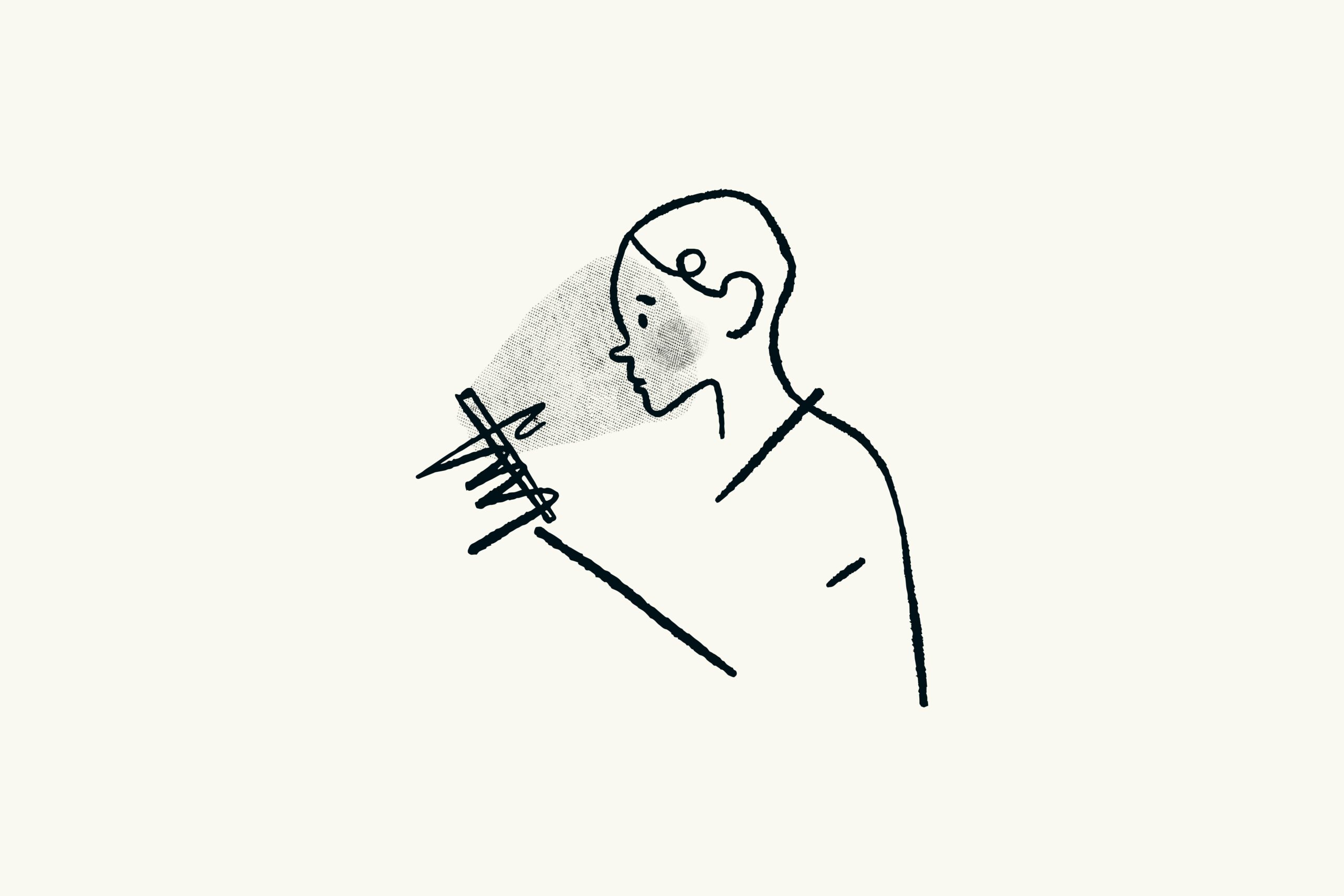When Coaching Doesn’t Cut It

When I asked “When has that worked?” Stacy’s answer had a now-familiar tone: “It hasn’t worked. I’ve never figured this out.” In the couple months since our coaching sessions began, she easily traversed the range between frustration, despair, and dignified resignation. Stacy knew she had a sharp achilles heel but wanted to believe her mind was sharper.
The achilles heel was, essentially, her nervous system. Her mindset usually sounded something like “If I could just get a better handle on my schedule …exercise during my lunch break …get to bed before 11pm …start the day by consuming this motivational content / guided meditation / green juice… then I would finally be centered and calm.”
Stacy was 46 years old. She was an executive at a communications firm that had invested in a range of professional development experiences that offered her clarity about her strengths, evidence of her achievements, and a willing, friendly network to call on into the future. But confidence and good colleagues weren’t making a dent on how she actually felt about herself, and neither were (admittedly sporadic) healthy routines.
That day, there were bandages around three of her fingers. She flinched when her cell phone rang and, seeing it was her boss calling, she stared into space and scratched at a fourth nailbed. Her shoulders almost touched her ears as she said, “My nerves are totally shot.”
She looked up with red eyes and a wave of the hand meant to signal dismissal. “I’m just too sensitive. Too anxious.” She had been feeling this way her entire career. Her entire life.
We went on to talk about beliefs that impacted her job, including ideas about herself – that she was a hypercritical, mistrusting person. As a result, she was generally unable to feel authentic satisfaction with her own work. That day, I hesitated before moving the conversation forward. I wondered about the limits of my own practice and had a semi-conscious vision in my mind of guiding someone very tired to the edge of a cliff in the middle of the night. Later, I completed the vision with not an image but a thought, or maybe a wish: that a parachute would arrive.
Stacy and I had talked once about therapy; she had seen one for a couple years in her twenties but stopped when she was between jobs, and never went back.
As coaches, we want the key that points to sustained change for our clients. We want source. We know we might not always get it, but what about when we feel we need it to help the client move forward?
I used to say “Awareness plus time equals growth.” I don’t say that anymore. For some who are trying to crack a deeply limiting code in themselves, awareness plus time can equal a really tough period of life that may not end until a key is found. When we see an impediment to growth at this level of gravity, how do we support a client’s journey to find the key? And if feel we are unable to be a capable partner on that journey, how do we talk about it with the client?
Through our work together, Stacy more clearly saw the patterns in her thinking and behavior. She started drinking celery juice every morning. She practiced a reflective pause whenever the familiar tingling of tension started up her arms and learned to routinely circumvent the impulse to convey pessimism to the CEO or a criticism directed at her administrative assistant. We did important work, and Stacy’s professional effectiveness improved.
But did we crack the code? Are patterns and practice the same thing as the key?
Today, with anxiety practically the cost of being human in a Covid-19 world, I wonder what kind of tuning Stacy’s old practices might need. Even through our final session, the bandages on her fingers were always there.
Globally, people are experiencing more setbacks, all at once, than they may be able to cope with: job insecurity, economic collapse and racial trauma. Not to mention, isolation amidst screen overload, homeschooling, plans and routines brought to a halt. For some it has been absolute financial ruin – dreams deferred or simply destroyed. How do we know when our clients need more than our support in order to hold a hopeful picture of the future?
Coaches use careful language for powerful inquiry to invite reflection and clarity. We offer deep presence so that expansive thinking has a chance. Every engagement affords me a new, fluid, specific presentation of my approach to coaching, and I don’t think there is any clear line in the sand for understanding my own limits as a practitioner.
My only good rule may be to remain curious.
To discuss this blog and more, join me this Friday, June 26th at 10am EST to discuss some of these ideas. If you have a thought or question you’d like included in that discussion, or to sign up for the call, please email us at askus@teleosleaders.com.
Featured News
Zoomed Out & Exhausted: Taking a Closer Look at our New Reality
You’re feeling this too, right? Crazy busy? Overworked? Exhausted? It seems everyone is. I’ve casually polled people across organizations and industries. Everyone is stressed and tired. The past several months, we’ve switched into overdrive. Gone are the pandemic days...
The “New Normal” for Organizational Learning
It’s hard to believe the first day of fall is less than a week away. It is also hard to believe we’re over six months into the pandemic and the stresses and unexpected twists and turns that have come with it. In the move from face-to-face learning to virtual these...
Fostering Resonance in a Virtual World
Earlier this year, I began working with a new coaching client just as Covid-19 was making its way across the United States. Over the course of our work together, it became clear that one of her main goals was to build stronger relationships at work and create a more...




